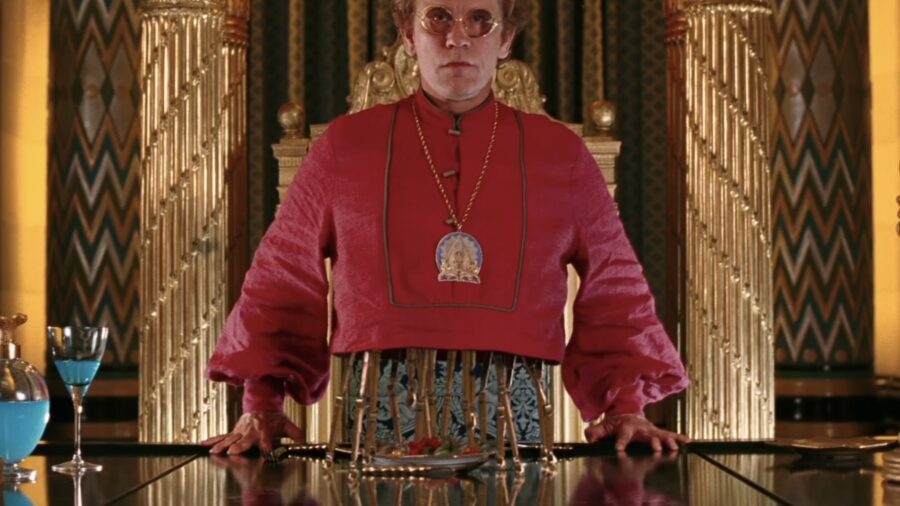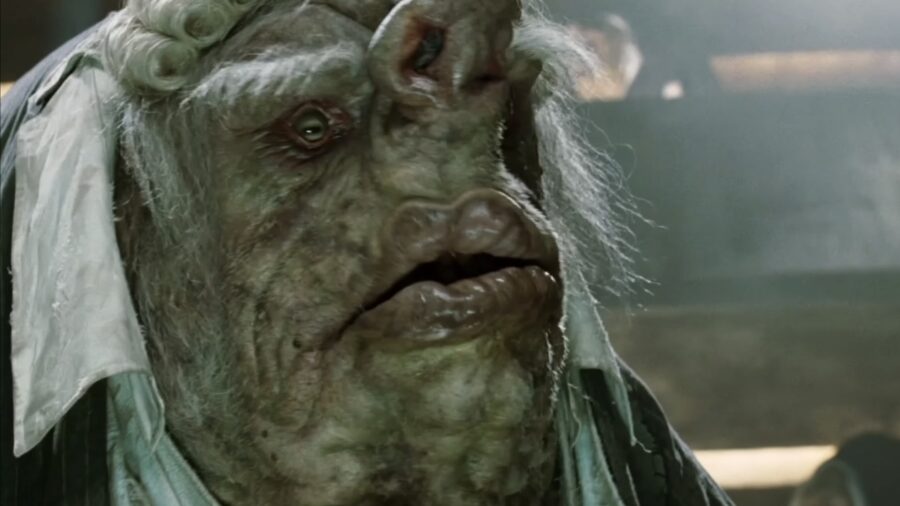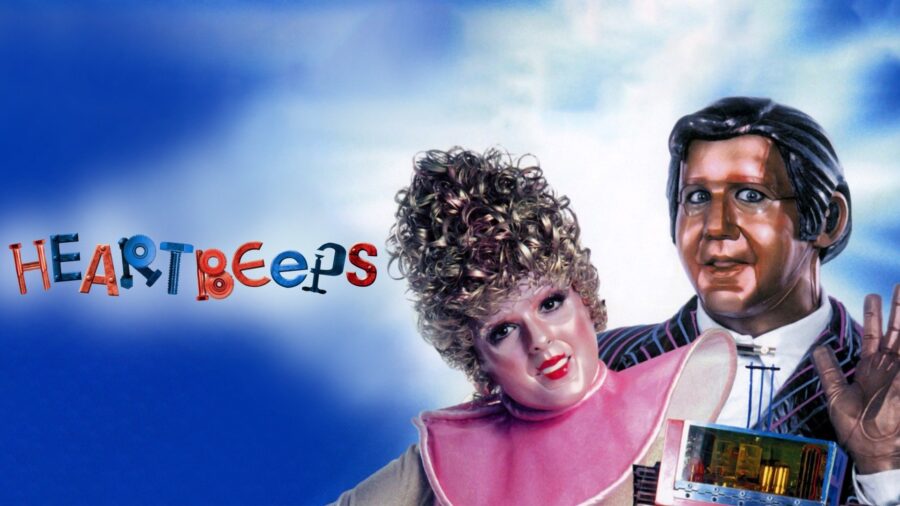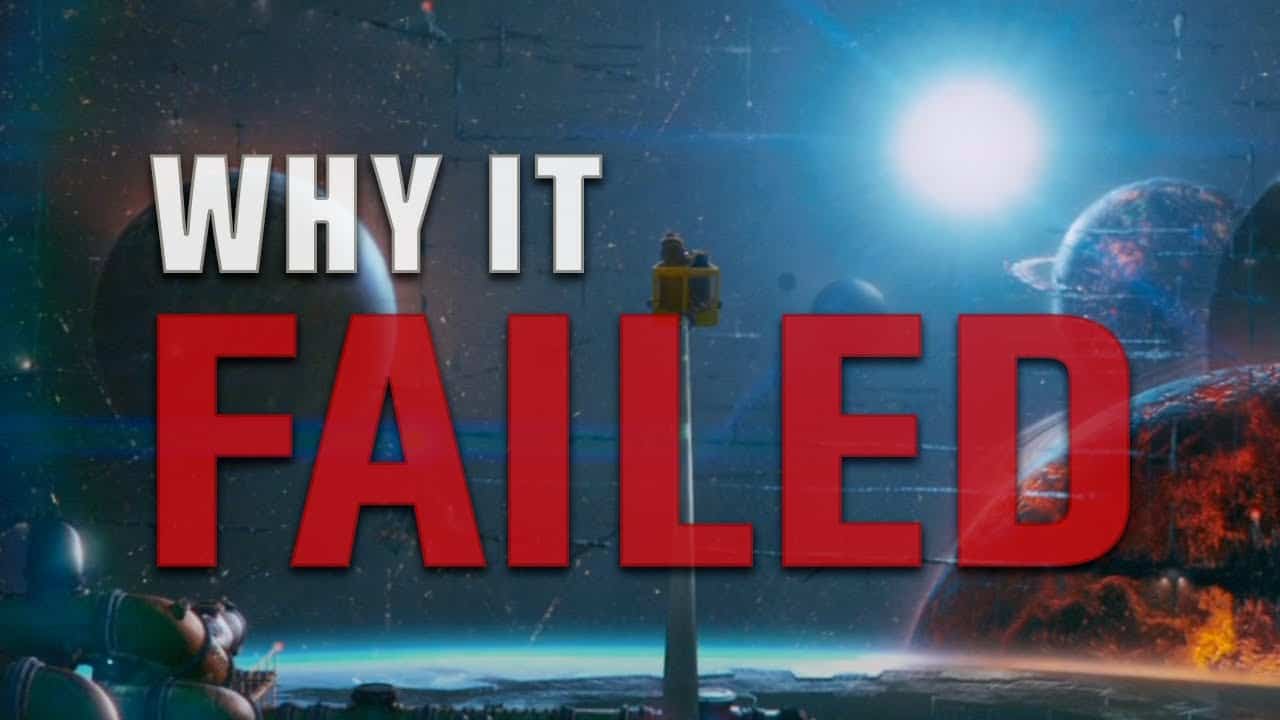By GFR
| Published
An old saying goes, “Dying is easy. But comedy is hard.” Well, science fiction comedy is significantly harder.
There have been plenty of attempts in the world of movies, and the graveyard of box office failures is littered with cinematic corpses like The Adventures of Pluto Nash, buried alive with its stack of Hillary bucks. The closest sci-fi regularly gets to comedy is in adventure movies with a healthy heaping of comedic elements, like the excellent Men in Black or the various Guardians of the Galaxy flicks. While those movies have laughter to spare, it’s not the primary purpose of those stories.
The sci-fi comedy drought almost ended in 2005 when the most beloved funny author of all time tried to turn his hilarious sci-fi novels into a big-budget, blockbuster Hollywood comedy. It nearly worked, until tragedy struck and destroyed not only his movie but maybe his franchise’s entire future.
Why Hitchhiker’s Guide To The Galaxy Failed

The Hitchhiker’s Guide to the Galaxy movie opens with a dolphin musical number and ends with the floating head of Douglas Adams.
You’d think a movie with those bonkers bookends would have captured the spirit of Adams’s game-changing Hitchhiker’s Guide franchise, a beloved series of projects that started as a 1978 radio series and eventually led to numerous award-winning novels and a show on the telly and all the other media you need to call yourself a proper franchise.
The movie started out the right way. Adams wrote the script and was directly involved in the project. Then, his body made the exceptionally rude decision to stop working. Douglas Adams tragically passed away on May 11, 2001, at the age of 49, handing in a new draft of the film script only days earlier.
Without Adams as part of the project, it was looking like no one wanted to helm the film. The movie ended up being directed by Garth Jennings, known for shooting music videos for popular bands like Blur and Fatboy Slim.
Douglas Adams Dies, But The Show Goes On

After Adams’s passing and Jennings’s addition to the production, writer Karey Kirkpatrick was brought in to do rewrites on the Adams script. Kirkpatrick’s background was mostly in kid films, with credits on good movies like The Rescuers Down Under, The Road to El Dorado, and Chicken Run.
Kirkpatrick, hot off writing the Jonathan Lipnicki star vehicle, The Little Vampire, definitely seems like the kind of writer brought in to give a script a particular all-ages approachability. This is the guy who wrote the “Zendaya is Meechee” Yeti movie, folks. Sorry, but he ain’t Douglas Adams.
Despite Kirkpatrick’s involvement likely softening any potential edges from Adams’s script, there’s still a healthy amount of the author’s tone and voice in the final product. That might have been enough to make this movie work if it hadn’t subsequently made a series of decisions that fans would find baffling at best and sacrilegious at worst.
The Sound Of Failure

Yasiin Bey is cast as Ford Prefect, the companion to lead character Arthur Dent. At the time, Bey went by the moniker Mos Def as a part of his musical persona. While he’d been acting for well over a decade by the time he was cast in Hitchhiker’s Guide to the Galaxy, his take on Ford Prefect is hampered by the decision to mumble a lot of his lines, making his dialogue difficult to make out sometimes.
That might have been an overall acting instruction to the rest of the cast. Add another level of audio confusion by having actors talk over each other and mixing the sound to muffle their voices. The ADR on this movie was probably not a fun time.
The result is a movie based on a franchise known for superbly written and hilarious dialogue, with all the dialogue delivered in a way that obfuscates so much of its potential comedy.
A Winning Cast

Hitchhiker’s Guide does have its bright spots. Martin Freeman is a spot-on choice to be Arthur Dent. He plays the character with appropriately resigned bewilderment, as Arthur trudges through the galaxy in his dirty green bathrobe.
Stephen Fry serves as the voice of the actual Guide. He was Douglas Adams’ choice, and unsurprisingly, Douglas Adams was right. Fry’s voice is easily the film’s strongest asset.
The Guide serves as background narration in the movie and is used as a device the characters can consult to get them and the audience along to the next plot beat. As an aside, if you’ve never read the Hitchhiker’s Guide books, we strongly recommend listening to the audiobook versions narrated by Fry.
Sam Rockwell should have been the ideal Zaphod Beeblebrox. By 2005, he’d already established himself as a go-to character actor for oddball parts. Unfortunately, he falls victim to the same dialogue issues that plague a lot of this movie.
The movie’s budget also wasn’t big enough to give Zaphod two heads and three arms, which likely bothered the source material’s die-hard fans. Instead, the movie settles on a half-measure in which he only sort of has two heads, and his third arm is kept hidden.
Zooey Deschanel is Trillian, the only survivor of Earth’s destruction other than Arthur. She isn’t given anything really substantial to work with, apart from her short shorts, which should indicate she’s being treated as something of a token hot nerd girl and little more.
Not As Big Budget As You’d Think

The film’s reported budget was $45 million, which is a little over $70 million today. This is a sizeable budget, but still less than you’d expect from a well-known property hoping to kickstart a blockbuster film franchise. To its credit, the production design and practical special effects work have mostly held up twenty years later.
There are some clear patchwork jobs when you start to look for them. Whether it’s spraying a bunch of fog around sets or conveniently transporting the characters to a desert, it’s clear this is a movie working against its budget instead of really feeling supported by it.

For example, they probably should have cut the scenes with John Malkovich. The digital FX don’t work, and his character serves no real purpose in the story.
The Hitchhiker’s Guide To The Galaxy Movie Gets So Much Right

The movie deserves praise for what it got right. The Heart of Gold, the improbable starship at the center of Douglas Adams’ story, is given a lot of love. They even figured out a way to visualize the Improbability Drive, and it’s a successful gag every time the crew is forced to use it.
The first half of the Hitchhiker’s Guide seems to be going pretty well, as you’re watching it. My suspicion is that this part of the movie sticks closer to Douglas Adams’ original script.
As the movie wears on, things start to fall apart and it becomes clear the production doesn’t have the money or the will to take the story where it needs to go. By the time the movie reaches Magrathea, the endpoint in this version of the Hitchhiker’s Guide story, you’re ready for it to end, having spent 20 minutes being bored to death by a bunch of Vogons.

There are a lot of Vogons. Too many Vogons. For some reason, we go to the Vogon home planet, though we’re told from the outset that they’re the most boring species in existence. So, the movie spends 20 minutes hanging out in the most blah place in the universe.
It makes sense in movie terms to cast the Vogons as outright villains, but they drag the movie down into something much less unique and interesting than its source material.
Failure At The End Of The Box Office

The movie did get a solid marketing push and managed to open at the #1 spot at the box office, ending its run with a little over $51 million in the U.S., and another $53 million from international markets.
Even though that sounds like a decent success, context is key. Considering The Hitchhiker’s Guide to the Galaxy’s budget and the fact that it was expected to kick off a whole film franchise, the bean counters did not see this as something worth investing more money into.
Maybe they would have if the film had garnered a lot of support from critics, but reactions were mixed. Spawn’s biggest fan, Roger Ebert, gave the movie two stars.
Plus, there didn’t seem to be a groundswell of support for the movie once it was out in the world. Newcomers didn’t find it an exciting enough entry point for the franchise, and fans were mostly either resigned to the movie’s interpretation of Adams’s work or didn’t really acknowledge it.
The worst thing about The Hitchhiker’s Guide to the Galaxy is that it was probably our only shot at getting a widely-praised big-budget take on Adams’s seminal work of fiction. The movie’s failure killed most of Hollywood’s interest in it as a property, and if that interest were rekindled, it would take someone of Adams’s talent to do it right. Sadly, that is an exceptionally rare company.
While we get parodies like Spaceballs or GalaxyQuest occasionally, outright sci-fi comedy movies feel rarer and rarer. The best that comes to mind is Edgar Wright’s excellent homage, The World’s End. We’re only getting something truly original and comedy-focused once a generation.

When it comes to sci-fi comedies, it we’re more likely to get The Adventures of Pluto Nash or Heartbeeps. I’ve forgotten so many happy memories with my loved ones, but my brain refuses to let me forget Heartbeeps.
